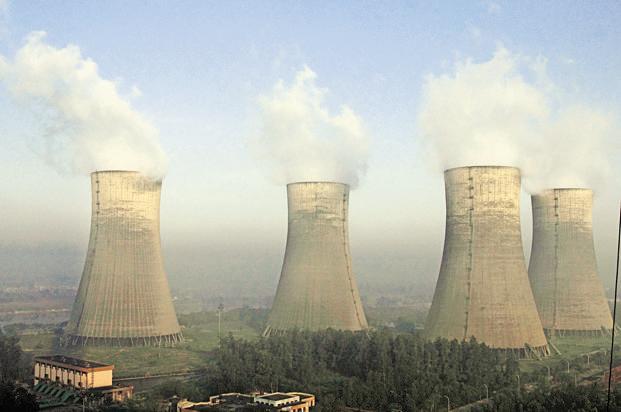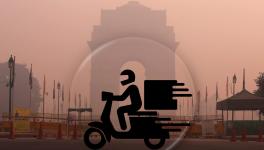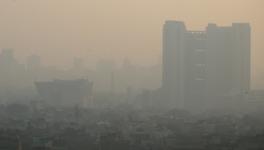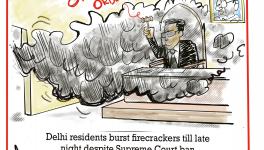Half of India’s Coal-fired Plants fail to Comply with Emission Norms: Study

Image for representational use only.Image Courtesy : Livemint
More than half of India’s coal-fired power plants which were ordered to modernise their equipment to curtail air pollution are set to miss the deadline, shows an analysis by Reuters and private industry estimates, released at a time when millions of people across the country are struggling for clean air.
Though thermal companies contribute three quarters of India’s electricity, they account for 80% of country’s industrial emissions of sulphur and nitrous oxides which cause acid rain and smog. The thermal power companies had already received an extension to meet the deadline for emission standards which was previously set as December 2017.
India’s plan for the plants to comply with emission norms have two phases; some plants have the time till the end of December 2019 while others have time till the end of December 2022. By December 2022, as many as 440 plants, which produce 166.5 gigawatts of power, are supposed to comply with regulations. Also, a total of 267 units, which produce 103.4 gigawatts, are supposed to be compliant between December 2019 and February 2022, that is, these units have 27 months to meet the requirements.
Also Read: It’s Air Pollution Time… Yet Again!
A letter by Ashok Khurana, the director general of Association of Power Producers (APP), written to the government stated that the installation of Flue Gas Desulphurisation (FGD) takes about 24-30 months. FGDs are being installed to cut the emission of sulphur.
According to Reuters, of these 267 units, 224 units which account for 84.8 gigawatts, have not even awarded the contracts to install the FGD units. This indicates that about 51% of the thermal units could fail to meet the deadline. Less than two percent of power plants are compliant with the norms, according to the end-October Central Electricity Authority data.
The case of thermal units in National Capital Region (NCR) is not any different. Around NCR, there are 33 thermal plants which have to be compliant with emission norms by December 2019. Of these, only two have installed FGD units. Again, 22 of these 33 have not even given the contracts for FGD installation and nine units have done so only in 2018.
So, it is important to note that 94% of the thermal units in NCR will not meet the requirements by the December 2019 which is the scheduled deadline. This negligence comes to the headlines at a time when the city is battling with hazardous levels of pollution according to the Air Quality Index.
“Coal, fly ash, and secondary particles from thermal power plants and industries in Delhi contribute 35% of PM2.5 in the winter and 41% of PM2.5 in the summer. Since Delhi has 13 thermal power plants with a capacity of over 11,000 MW within a 300-km radius, these emissions are often blown into the NCR by the Northwest winds,” said Vinuta Gopal, an environmental activist, during a panel discussion conducted by Centre for Policy research.
Also Read: Are Farmers Really Responsible for Pollution in Delhi?
“Beyond Delhi, in the Indo-Gangetic belt, satellite imagery shows a direct increase in particulate matter around Delhi, which can be correlated with the presence and growth of coal-based power plants in the region. More than half of the current operational power plants are in 5 states: Maharashtra, Uttar Pradesh, Chhattisgarh, Madhya Pradesh, and Gujarat… About 40% of the existing power plants are privately owned,” she said. She added that according to the Ministry of Power, the power plants which are currently under construction will produce 47,800 megawatts of electricity. About 40% of the existing power plants are privately owned,
A recent study, published in the journal Nature Sustainability, also showed that the power plants in India take the highest toll in the world when it comes to health even though China and the US are the two largest producers of coal power.
Get the latest reports & analysis with people's perspective on Protests, movements & deep analytical videos, discussions of the current affairs in your Telegram app. Subscribe to NewsClick's Telegram channel & get Real-Time updates on stories, as they get published on our website.
























